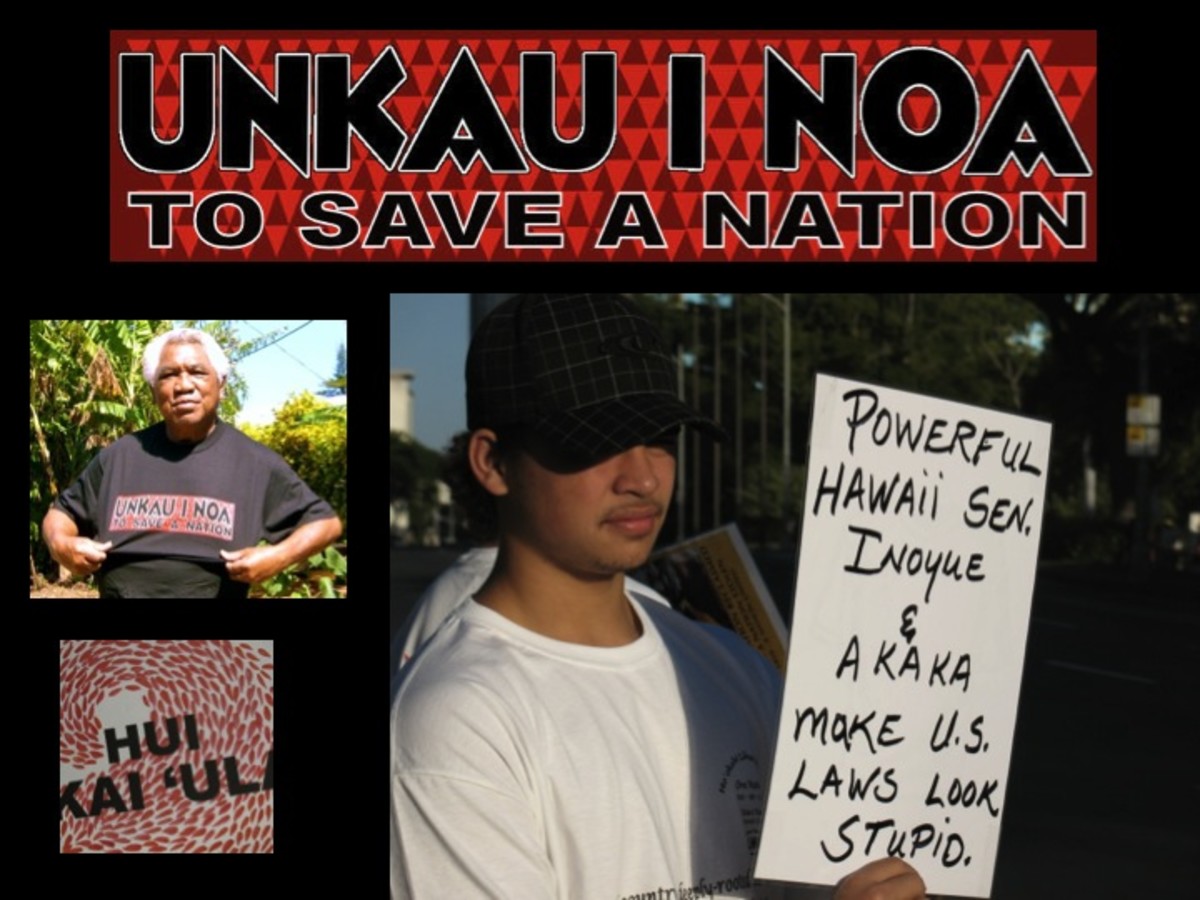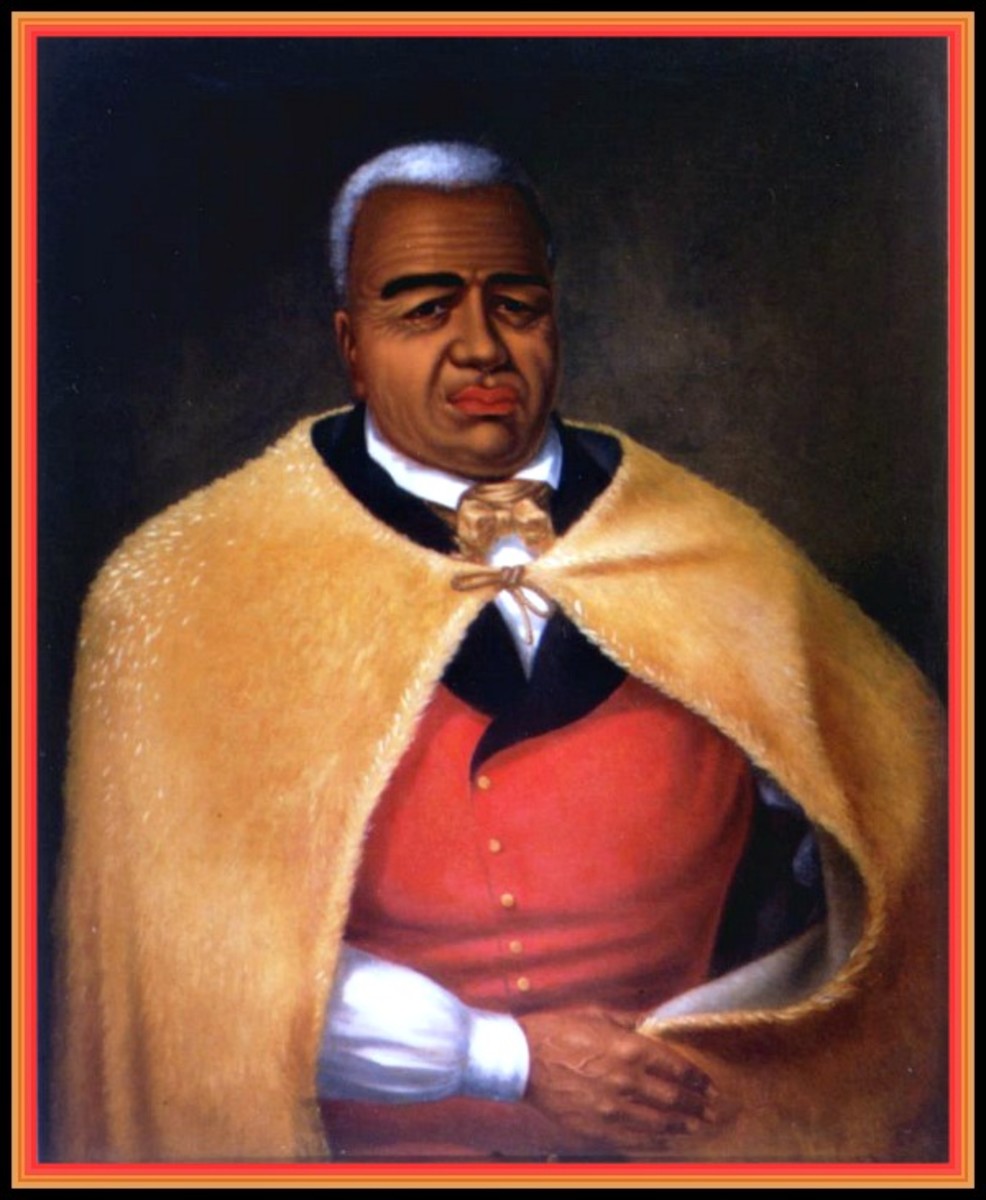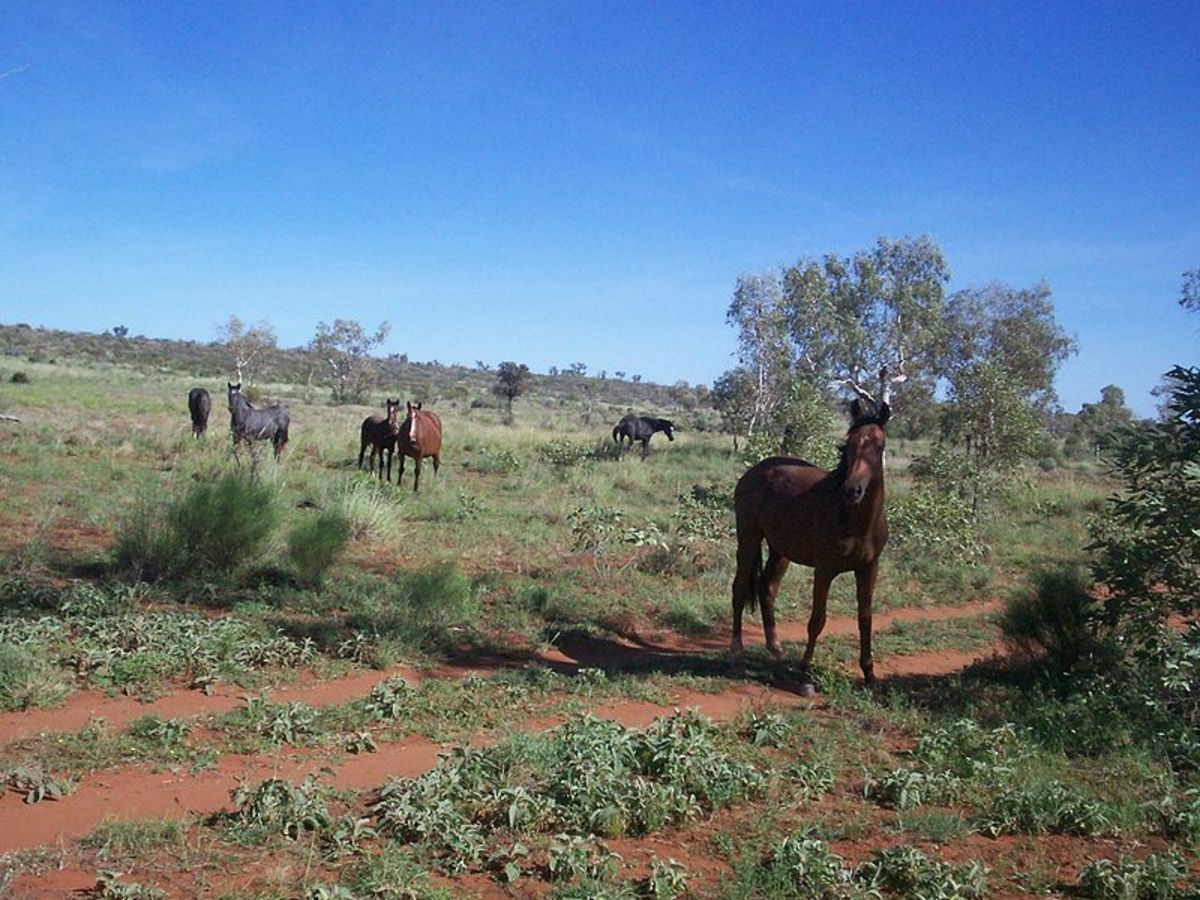The Hawaiian Islands Annexed
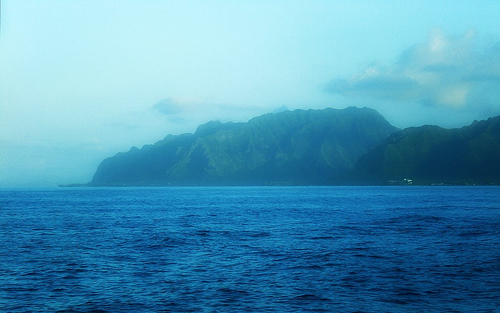
Apology to Hawaii
Did you know that in 1993 the U.S. Congress passed a joint resolution “to offer an apology to Native Hawaiians on behalf of the United States for the overthrow of the Kingdom of Hawaii.”
Truth or Fiction?
To those of us who are fairly new to Hawaii, we have to more or less learn for ourselves about the so-called injustices that were done to the “Native Hawaiian” people. We get a sense that something happened when we hear of recent assaults by locals on military personnel or tourists. But the stories are veiled since they are not particularly a draw for the tourists that keep the state economy from folding.
Upon further investigation, I found many biased pieces of revisionist history providing selected historical facts, together with dubious interpretations, half-truths, and falsehoods, carefully choreographed and narrated to support different theories. My suspicion is that whatever has been written regarding the annexation of Hawaii is false or badly twisted. Also I have found that some persons who have degrees and so-called expertise apparently get away with intentional historical malpractice.
Hawaiian sovereignty movement
Do you think Hawaii should be given back to the native Hawaiians?
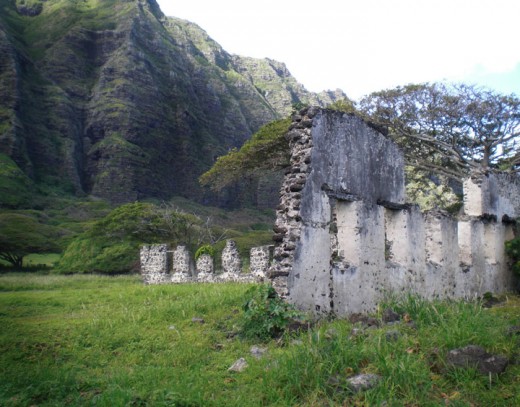
So, was there a substantial amount of native resistance to the overthrow of 1893 and annexation of 1898? Yes, of course. The proof is in the documents I found in the library where each signature attests to that. The Hui Aloha ‘Aina for Women and the Hui Aloha Aina for Men were founded specifically to support the Queen and to protest annexation. Hawaiians really didn’t have either power or money or government to preserve their nationhood. What they had was their will. Some think that the kupuna simply went home and wept after the monarchy was overthrown, but these documents reveal that ancestors of native Hawaiians were of great ability, wisdom and strength.
The Hui Aloha Aina hoped that if the U. S. government realized that the majority of native Hawaiian citizens opposed annexation, the move to annex Hawaii would be stopped. Between September 11 and October 2, 1897, the two groups collected petition signatures at public meetings held on each of the five principal islands of Hawaii. The petition, clearly marked “Petition Against Annexation” and written in both the Hawaiian and English languages, was signed by 21, 269 native Hawaiian people, or more than half the 39,000 native Hawaiians and mixed-blood persons reported by the Hawaiian census for the same year.
Is it possible that history is being ignored or rewritten to serve the perceived needs of those partisans of the sovereignty movement in Hawai’i? Many, especially the new generation, seem to accept the revised history without question and with no attempt to revisit the scene in 1893 or to examine the events leading up to and following the confrontations that took place.
Noenoe Silva of the University of Hawaii rediscovered the anti-annexation petitions of 1897 stored in the U.S. National Archives, and brought them to public attention in a massive publicity campaign. She claims haole historians were either ignorant of or intentionally ignored over-whelming native resistance, and either miss-translated important documents or suppressed particularly damaging portions of them.
However, upon reading a Book Review of Noenoe Silva’s book “Aloha Betrayed: Native Hawaiian Resistance to American colonialism”, Kenneth Conklin claims that Silva selected her words very carefully, ignoring that there were also English-language “resistance” newspapers, showing either that many natives preferred English language over Hawaiian, or that many haoles were resisters of annexation and who supported the monarchy. Also there were natives who had been royalists during Kalakaua’s reign who opposed Liliuokalani, who switched sides after the overthrow, and eventually supported annexation.
Clinton signs apology resolution
If I look at it from the view of the American missionaries who were primarily responsible for the overthrow, they felt they were rescuing Hawaii from the clutches of England and France. In many instances, native Hawaiian authors minimize or completely ignore the whites who were the true heroes of important events in the Kingdom of Hawaii, in order to glorify natives who played minor roles in those events. Two Kingdom patriots most responsible for protecting Hawaii against takeover by England or France in 1843 were two former American missionaries who became the King’s closest advisors: Gerrit Judd and William Richards.
If I believed everything I have read so far, I could conclude that the overthrow and annexation was an illegal violation of the sovereignty of an independent nation, which deserves to be restored. On the other hand, I would submit that ethnic Hawaiians are an indigenous people entitled to racial supremacy in their homeland (even though they eagerly traded their ancient religion for Christianity, their Hawaiian language for English, and their political power for a social contract of full equality for all locally born or naturalized kingdom subjects).All of this controversy pits ethnic Hawaiians against whites.
There certainly seems to be a black hole blanking out the events of 1898. As the United States plunged headlong into become an empire, snatching up overseas possessions, the Republic of Hawaii’s pro-American contingent succeeded in handing over its five-year-old nation to Congress, who gladly annexed the territory. There is a vicious circle of rhetoric, which doesn’t solve anything. We have a whole litany of knowledge on that specific event, but the obscure five years following the overthrow aren’t clear at all.
What is clear from what I have read is that annexation didn’t just “happen,” it was finessed. To say that Hawaii went happily into the American fold is one of the great manipulations of history. A serious number of Americans were opposed, but it had already occurred before most were aware of it.
For example, South Dakota Senator Richard Pettigrew made his own fact-finding visit to Hawaii during the annexation process, holding several meetings with Hawaiians. Told before he came that most Hawaiians favored annexation, he reported later, “I have failed to find a Native Hawaiian who was not opposed to annexation.”
Was the President of the United States more or less dragged into a plan that had been set up by Hawaii revolutionists who had their own economic and long-term stability goals for the islands? Most obvious was that Hawaii was a perfect fit for a Pacific base and strategically important. Standing alone in the great ocean and lying in the track of navigation from the central part of America and in direct course from the Isthmus of Panama to Japan and China, it was plain that their harbors would become the resort of the shipping of the world.
A queen’s plea was ignored in 1898. However, in 1993 the U.S. Congress passed a joint resolution “to offer an apology to Native Hawaiians on behalf of the United States for the overthrow of the Kingdom of Hawaii.” I personally find it very unfortunate that the petition to protest annexation was “swept under the rug”. Facts needed to be out in the open where they could be freely examined and criticized. They need to be brought out now into the light, otherwise the revisionist histories that we are being fed these days are wrongheaded and can only lead to dangerous division within our community.
- My Favorite Movies Filmed in Hawaii
Since 1913, there have also been over 200 movies filmed in Hawaii. These are some of my favorite movies in which the producers and actors flew all the way to Hawaii. I will only list two of the actors from...
Burlingame, Burl, ‘Nation Within’ examines the motives for annexation’ . Star Bulletin, August 3, 1998.
Coffman, Tom, Nation Within: The Story of America’s Annexation of the Nation of Hawai’i . Kane’ohe: Epicenter, 1998.
Conklin, Kenneth R., Book Review: ‘Aloha Betrayed: Native Hawaiian Resistance to American Colonialism’ . http://www.hawaiireporter.com, January 1, 2005.
Foster, J. W., American Diplomacy in the Orient . Houghton, Mifflin and Company, 1903.
Lili’uokalani, Hawaii’s Story by Hawaii’s Queen . Boston: Lee and Shepard, 1898.
Silva, NoeNoe, Anti-Annexation Petitions.
http://www.alohaquest.com/scripts/anti_annexation_petitions.htm
Twigg-Smith, Thurston, Hawaiian Sovereignty: Do the Facts Matter? Goodale Publishing (April 2000).



